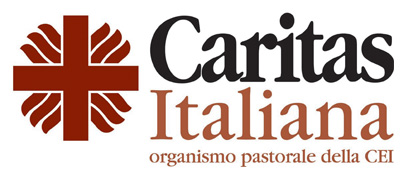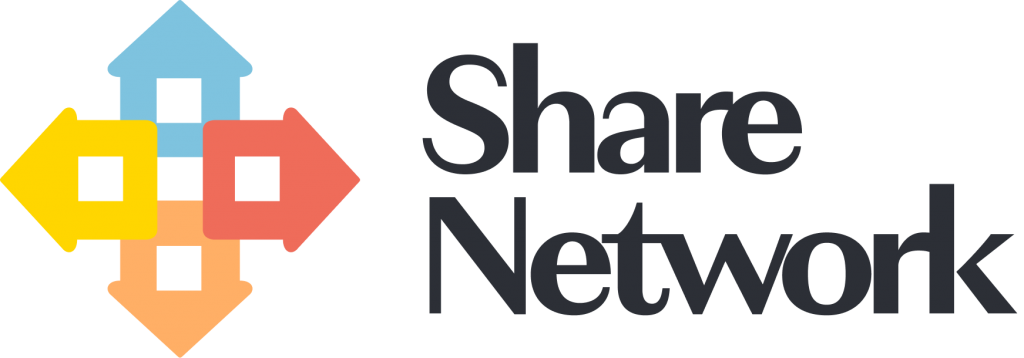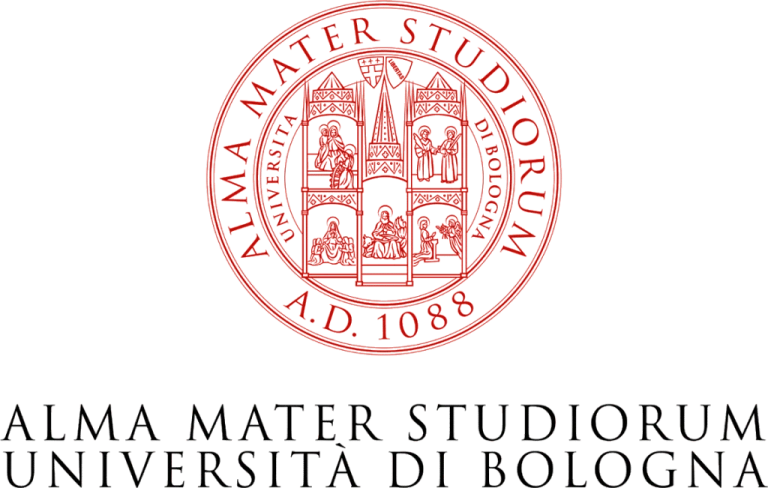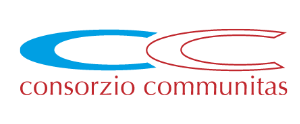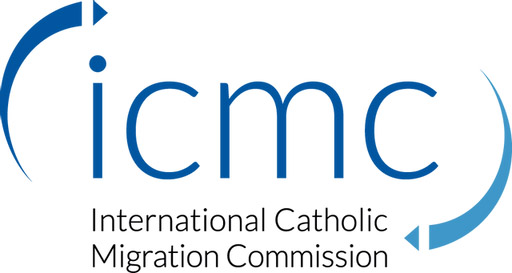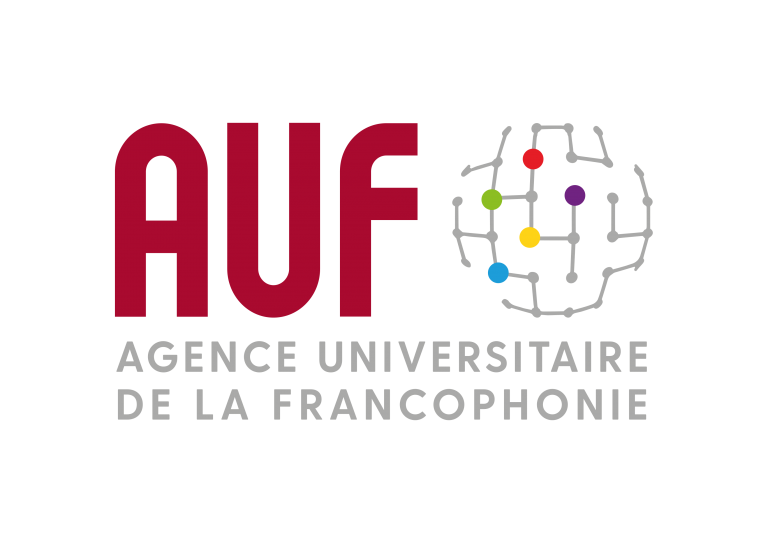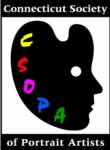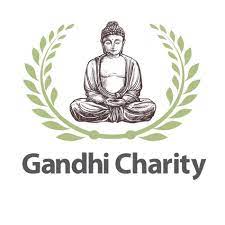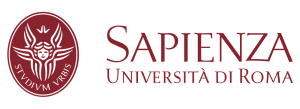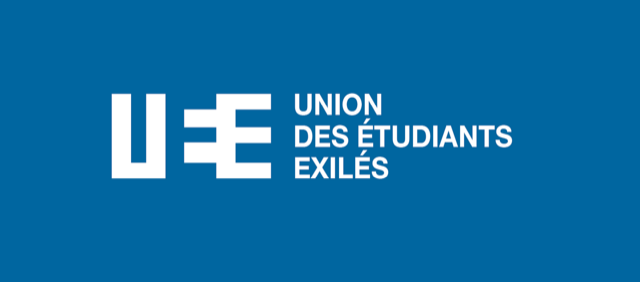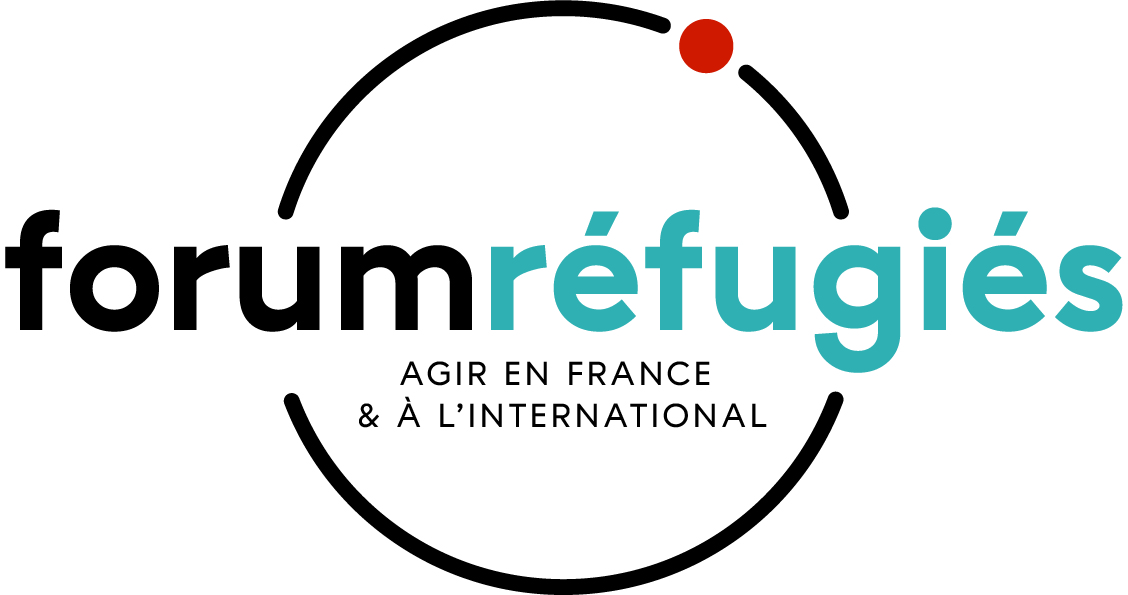The University of Bologna
ICMC SHARE network
Caritas Italiana
Consorzio Communitas
in cooperation with
WUSC
Global Task Force on Third Country Education Pathways
UNHCR
Preamble
At the occasion of the international conference on tertiary education pathways for refugees taking place at the University of Bologna on 10-11 March 2022, participants and engaged stakeholders express their commitment to work towards common advocacy, strategies and design of operational frameworks to further expand and create higher education pathways for refugees in Europe, building on successful examples, such as the Italian UNICORE programme, the German DAAD Leadership for Syria and Africa and the Student Refugee Program (SRP) in Canada managed by WUSC.
This commitment is even stronger taking into account the ongoing needs of Afghan refugees and the rapidly escalating war in Ukraine, with Ukrainians and other nationals present in the country fleeing in record numbers. This unprecedented situation will require higher education institutions, civil society and communities, to offer large scale refugee scholarships and support to arriving students, to continue their education and rebuild their lives and futures.
THE MANIFESTO
The undersigned organizations express their commitment to work towards common advocacy, strategies, and design of operational frameworks to further expand and create tertiary education pathways for refugees in Europe, building on successful examples, such as the Italian UNICORE programme, the German DAAD Leadership for Syria and Africa and the Student Refugee Program (SRP) in Canada managed by WUSC.
2021 has seen a continued increase in forced displacement with global numbers now exceeding 84 million. Conflict, COVID-19, poverty, food insecurity and the climate emergency have worsened the humanitarian plight of the displaced, most of whom are hosted in developing regions, often in protracted situations.
In this fragile context, the search for durable solutions remains urgent, requiring joint action. Innovation and creativity in developing solutions should guide and support the process. Civil society, universities and other higher education institutions, students, local communities, and the private sector must – as encouraged by the Global Compact on Refugees – join forces in an active partnership to develop more predictable and equitable responsibility-sharing.
Migration pathways that complement traditional state-led refugee protection, known as ‘complementary pathways’, can help address the vast shortfall between the annual number of refugee resettlement places available and the number of refugees in first countries of asylum and for whom other durable solutions, including return or local integration, are not available.
Today, 5% of refugees have access to higher education compared to only 1% in 2019. This is far below the global average of higher education enrolment among non-refugees, which stands at 39%.
Increasing education pathways linked to a secure status with protection safeguards for refugees is, therefore, more urgent than ever and is a tangible way for states and the international higher education community to provide durable solutions to refugee students while contributing to improvements to their access to tertiary education. In line with the European principle of solidarity and rights expressed in the EU Charter of Fundamental Rights such as the right to asylum (art. 18) and the right to education (art. 11), expanding educational pathways will offer solutions for those most in need, promoting equal opportunities and diversity in higher education.
WHY?
Compelling reasons sustaining the ‘why’ in favour of higher education for refugees: Higher education is a fundamental human right enshrined in the Universal Declaration of Human Rights (Art. 26.2), referred to in the International Covenant on Economic, Social and Cultural Rights (Art. 13c) and the Convention on the Rights of the Child (Art. 28c). Higher education is an essential part of the education continuum. Access to higher education serves as a strong incentive for students to continue and complete their studies at the primary and secondary levels. Furthermore, hhigher education contributes to solutions and post-conflict reconstruction, promotes social, economic and gender equality, and empowers refugee communities. While certain new conflicts escalate leading to mass displacement one should not forget that most refugees live in a situation of protractedness, with no prospect, for a safe and dignified return home. While still in a country of first asylum, young refugees aspiring to higher education face several barriers that often lead to a clear lack of opportunities, since hosting countries are often poor and face their own internal conflicts.
This situation shows the sense of urgency and highlights the clear lack of sustainable opportunities.
We all agree that education is the primary means of building and regenerating society. Education is therefore a gesture of care and a pure social action. Education can be a powerful solution to extreme poverty as well as potential radicalization. In this sense, education can be seen as prevention. Highly educated refugees can also become leaders in their communities, creating businesses and social enterprises, or becoming engineers, scientists, and technology specialists.
Increasing opportunities through creativity, flexibility and strategic partnerships should therefore be a priority, given the clear shortage of options.
OUR COMMITMENT
The University of Bologna and all signatory organizations express their commitment to work towards a platform for structured multi-stakeholder exchange, cooperation, and networking, creating synergies with the work of the Global Taskforce on Third Country Education Pathways.
The platform will be composed of trans-sectoral, multi-stakeholder approaches, engaging representatives of states, international and regional organizations, universities and higher education institutes, NGOs, cities and regions, student and citizen groups, the private sector and other interested stakeholders.
It will work to develop common advocacy, strategies and operational frameworks to expand tertiary education opportunities as a durable solution for refugee students. Jointly signatories will commit to creating a welcoming and enabling environments for refugee students, acknowledging the many resources and talents that refugees bring and to change an often toxic narrative around migration.
The platform will commit to ensuring the Minimum Standards for Complementary Education Pathways in areas of protection and safeguarding, applications and admissions, funding, integration and psycho-social support.
Within the platform all stakeholders have their role to play and will commit to pursue following actions:
European Union
- Propose holistic frameworks for refugee education pathways, engage relevant institutions (European Parliament, European Commission, Council, European Committee of the Regions) and inter-service departments (DG EAC, HOME, EEAS) including financial support.
- Support and sustain higher education programmes, as well as their administration and coordination.
Governments
- Commit to the expansion of refugees’ access to education-based solutions;
- Engage in agreements to facilitate access to education pathways through visa and documentation waivers;
- Ensure protection and safeguarding, providing access to permanent legal status upon graduation and facilitating the transition to employment upon graduation.
Higher education institutions
- Design and support programmes and study places defining scholarship targets in terms of numbers and profiles for the short, medium and longer-term;
- Ensure relevant procedural waivers to supplement documentary and credentials requirements;
- Provide clear information on opportunities for family reunion and consider bridging programmes to enter the various programmes.
Higher education institutions, civil society, regions and cities
- Facilitate welcome and inclusion upon arrival, ensuring active participation of student and local communities by means of mentoring and opportunities to explore social, cultural, sports, and learning, including digital learning and socio-economic integration;
- Provide psycho-social support services.
Students and University Staff
- Welcome and include refugee students into the student community and support their integration through language learning, co-housing, sports, cultural events and more;
- Promote initiatives that raise awareness, providesensitization and fundraising to support the growth of education pathways.
Refugees
- Ensure full consultation and participation of refugees in the design, implementation and evaluation of programmes.
Private sector and philanthropy
- Engage with the private sector and their employees to support higher education and inclusion in the community;
- Offer internship opportunities, career development, mentorship, and employment opportunities to refugee students and graduates;
- Commit human and financial resources to support programming and pilot education pathways projects, and evaluate and consider innovative funding models for sustainable financial support in the future.
HOW
In line with its mission to increase learning mobility and cross border cooperation, ETENR will meet the inclusive Erasmus+ objectives to provide enhanced education opportunities to refugees, as disadvantaged groups. This goal can be achieved via varied objectives outlined under the Erasmus+ including the possibility to support small-scale partnerships.
WHEN
We will reach out to the European Parliament for support through capacity building and exchange via pilot actions and preparatory activities, as well as by exploring innovative financing and private sector engagement to create funds that ensure sustainable frameworks which:
- ensure human resources for higher education institutes to screen refugee applications and carry out selection processes of eligible candidates and match refugees with suitable scholarship opportunities;
- create refugee scholarships funds that include ample opportunities for language learning, personal development, social inclusion in host societies and employment trajectories;
- engage local communities in supporting refugee education by offering language learning, social and socio-economic integration improving independence, enhancing educational, social, personal and professional development;
- ensure networking, capacity building, exchange of best practices and mutual learning among network members;
- raise awareness about educational needs and opportunities at European, national and local levels and the benefits of education pathways for diversity and inclusion.
Bologna, March 2022
–
Signatures for organizations
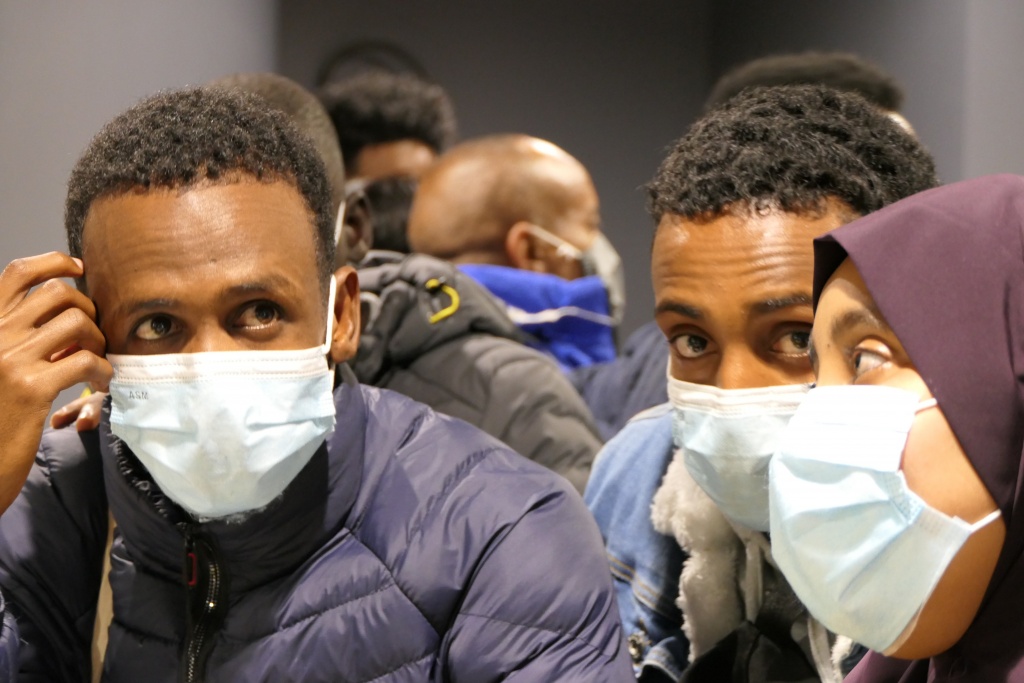
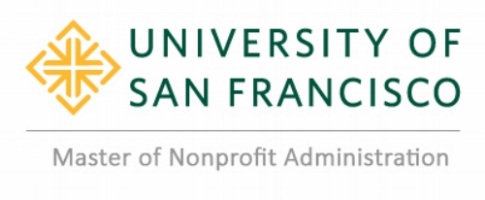


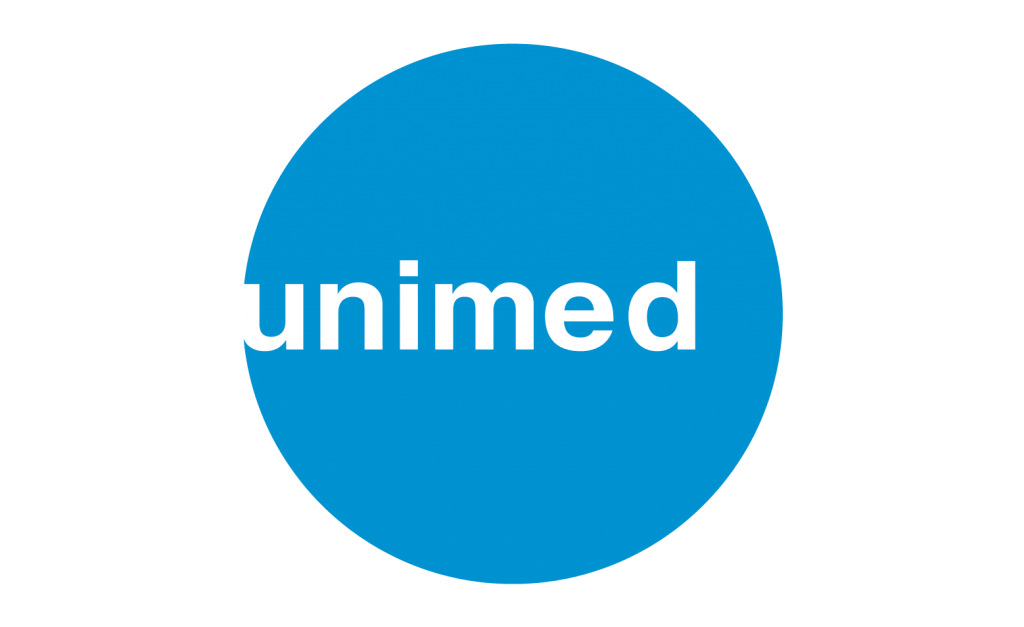
| 87 | Henok O. | Eritrea |
| 86 | Futsum Mengestu M. | Eritrea |
| 85 | Mojib M. | Afghanistan |
| 84 | Girmay Gebremeskel T. | Eritrea |
| 83 | Tesfalem G. | Italy |
| 82 | Okbit H. | Eritrea |
| 81 | Tesfay G. | Italy |
| 80 | Habtom kahase A. | Eritrea |
| 79 | Afewerki G. | Italy |
| 78 | Fitwi A. | Eritrea |
| 77 | Nahom g. | Eritrea |
| 76 | Surafel G. | Eritrea |
| 75 | Zaid R. | Ethiopia |
| 74 | Ermias Y. | Eritrea |
| 73 | Adhanom A. | Eritrea |
| 72 | Bereket Z. | Eritrea |
| 71 | DEMOZ Abraha W. | Uganda |
| 70 | Habtom Z. | Eritrea |
| 69 | Simon F. | Eritrea |
| 68 | ghezae g. | Italy |
| 67 | Dawit afeworki K. | Eritrea |
| 66 | Hadish T. | Eritrea |
| 65 | Solomon Gebrehiwet A. | Ethiopia |
| 64 | Mehari Yohannes W. | Eritrea |
| 63 | DIMITRIOS RAFAIL T. | Greece |
| 62 | Aleksandra S. | Spain |
| 61 | Sabrina D. | Germany |
| 60 | Bidong PAUL R. | Sudan |
| 59 | Chuol T. | Sudan |
| 58 | Gatriay Duol P. | Ethiopia |
| 57 | Henok K. | Eritrea |
| 56 | Nhial Moses Y. | Sudan |
| 55 | Okbazghi T. | Eritrea |
| 54 | Lidya T. | Eritrea |
| 53 | Aistė M. | Lithuania |
| 52 | Kang Bidong C. | Sudan |
| 51 | Koang Y. | Sudan |
| 50 | Sami O. | Eritrea |
| 49 | Gai R. | Sudan |
| 48 | Makak J. | Sudan |
| 47 | yodit t. | Eritrea |
| 46 | Jules B. | Italy |
| 45 | marco c. | Italy |
| 44 | Kefyalew G. | Canada |
| 43 | Isabella M. | Italy |
| 42 | Puot N. | Ethiopia |
| 41 | Ines M. | Italy |
| 40 | Rudi O. | France |
| 39 | Ramzi L. | Italy |
| 38 | Julia R. | United States |
| 37 | Christian Dr. . | Germany |
| 36 | Petra H. | Belgium |
| 35 | Martina L. | Italy |
| 34 | Marisol R. | United Kingdom |
| 33 | Aoibhinn H. | Ireland |
| 32 | Juliette B. | Belgium |
| 31 | Daniele A. | Italy |
| 30 | Biagio S. | Italy |
| 29 | Matteo B. | Italy |
| 28 | Marcello S. | Italy |
| 27 | Ludovica D. | Italy |
| 26 | Robel T. | Ethiopia |
| 25 | Hussen O. | Ethiopia |
| 24 | Gabriela a. | Italy |
| 23 | Alganesh F. | Italy |
| 22 | Johanna r. | Canada |
| 21 | Shannon . | Belgium |
| 20 | Alberto T. | Italy |
| 19 | Mariana M. | Swaziland |
| 18 | Paola R. | Italy |
| 17 | Marco G. | Italy |
| 16 | Francesco F. | Italy |
| 15 | Martina V. | Italy |
| 14 | Flavio F. | Italy |
| 13 | Mary C. | United States |
| 12 | David M. | France |
| 11 | Annick S. | France |
| 10 | Verani K. | Germany |
| 9 | Mathieu S. | France |
| 8 | Andee G. | France |
| 7 | anthony c. | United States |
| 6 | Marco T. | Italy |
| 5 | Jeanine J. | United States |
| 4 | Anna W. | Germany |
| 3 | Silvia C. | Italy |
| 2 | raniero c. | Italy |
| 1 | Carmen G. | Austria |
